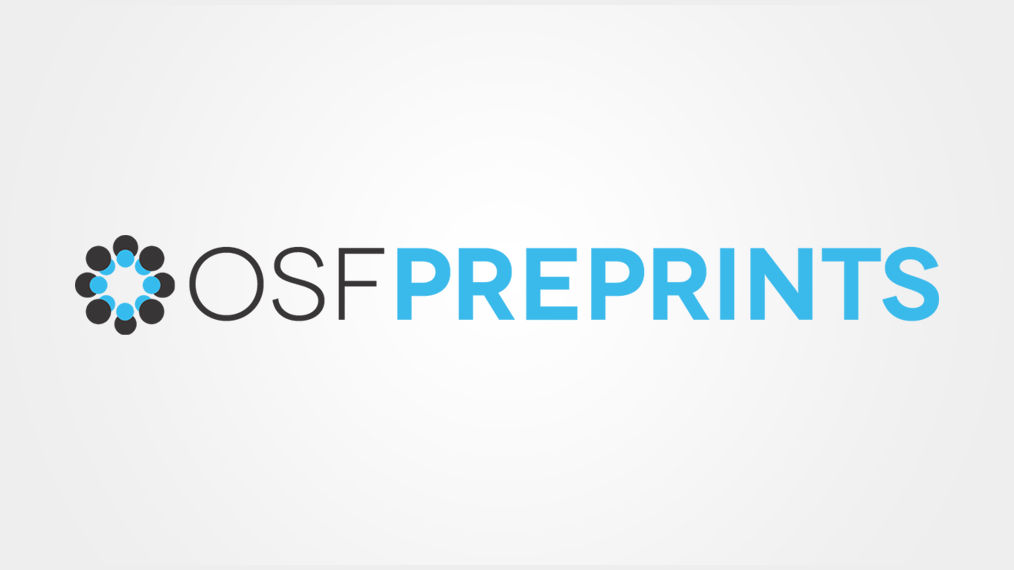
COS built and maintains the OSF preprints infrastructure in support of the mission to improve the openness, integrity, and reproducibility of research. We believe that open source, open access preprint servers facilitate new models of scholarly communication across research disciplines and geographic regions, thereby improving accessibility and speed of discovery. The infrastructure currently supports 26 communities operating their own preprint servers, determining their own editorial focus, licensing requirements, subject taxonomy, branding and logos, and moderation and withdrawal policies.
As part of the COS investment to improve scholarly communications in support of the COS mission, we aim to collaborate with external groups like ASAPbio and Scholcomm Lab in analyzing the adoption and impact. We appreciate the resources and effort provided to accomplish our shared goals of gathering data and analyses to understand current adoption and ways to accelerate.
These are some highlights of the COS approach and vision for the OSF Preprint infrastructure:
Community feedback from individuals or groups such as Scholcomm Lab is very useful to COS in assessing gaps, misconceptions and possible growth areas, as we advance the road map for OSF Preprints infrastructure with our communities. Support for the open infrastructure is finite. We benefit greatly from consolidating community interests and needs so that we can prioritize features and maintenance that has the biggest collective benefits for all.

210 Ridge McIntire Road
Suite 500
Charlottesville, VA 22903-5083
Email: contact@cos.io

Unless otherwise noted, this site is licensed under a Creative Commons Attribution 4.0 International (CC BY 4.0) License.
Responsible stewards of your support
COS has consistently earned a Guidestar rating of Platinum for its financial transparency, the highest rating available. You can see our profile on Guidestar. COS and the OSF were also awarded SOC2 accreditation in 2023 after an independent assessment of our security and procedures by the American Institute of CPA’s (AICPA).
We invite all of our sponsors, partners, and members of the community to learn more about how our organization operates, our impact, our financial performance, and our nonprofit status.